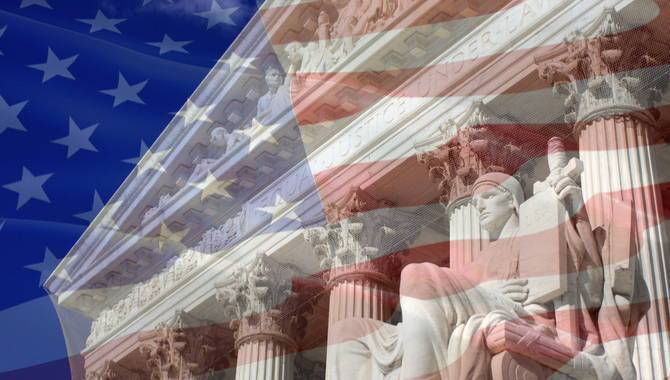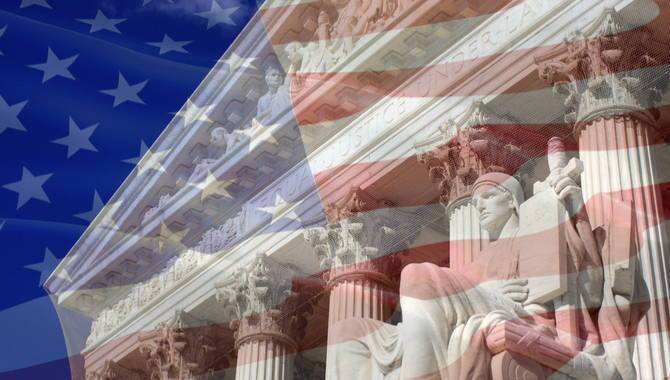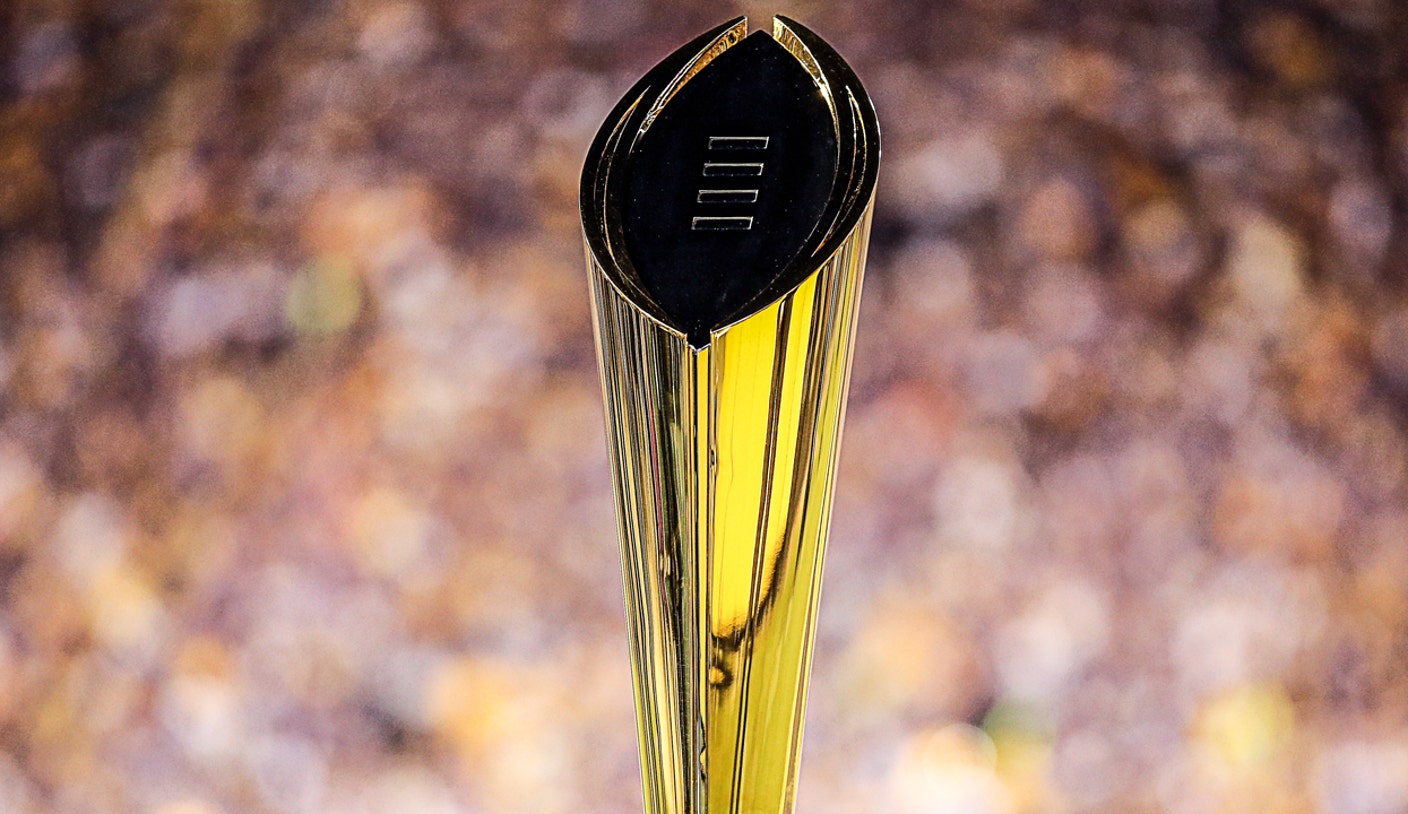
“The legalisation of sports gambling requires an important policy choice, but the choice is not ours to make. Congress can regulate sports gambling directly, but if it elects not to do so, each state is free to act on its own,” Justice Samuel Alito wrote on behalf of the court.
The court upheld the legality of a 2014 state law permitting sports betting at New Jersey casinos and horse racetracks and voided the federal Professional and Amateur Sports Protection Act.
New Jersey has been campaigning for a number of years for the ban to be withdrawn on the potential billion dollar industry, highlighting the level of illegal sports betting across the US as one of its principle arguments.
Over the years of campaigning, a number of leading operators and sporting associations have joined New Jersey’s fight for a regulated sports betting market. These various professional sports leagues have included the likes of the National Basketball Association, Major League Baseball and the PGA Tour.
In recent months, a number of operators have been gearing up for the potential positive outcome of the ruling, with companies around the world hoping to enter an industry that could change the face of sports betting on a global scale.
Commenting on the breaking news, the American Gaming Association said: “Today’s decision is a victory for the millions of Americans who seek to bet on sports in a safe and regulated manner. According to a Washington Post survey, a solid 55% of Americans believe it’s time to end the federal ban on sports betting.
“Today’s ruling makes it possible for states and sovereign tribal nations to give Americans what they want: an open, transparent, and responsible market for sports betting. Through smart, efficient regulation this new market will protect consumers, preserve the integrity of the games we love, empower law enforcement to fight illegal gambling, and generate new revenue for states, sporting bodies, broadcasters and many others.
“The AGA stands ready to work with all stakeholders – states, tribes, sports leagues, and law enforcement – to create a new regulatory environment that capitalizes on this opportunity to engage fans and boost local economies.”



